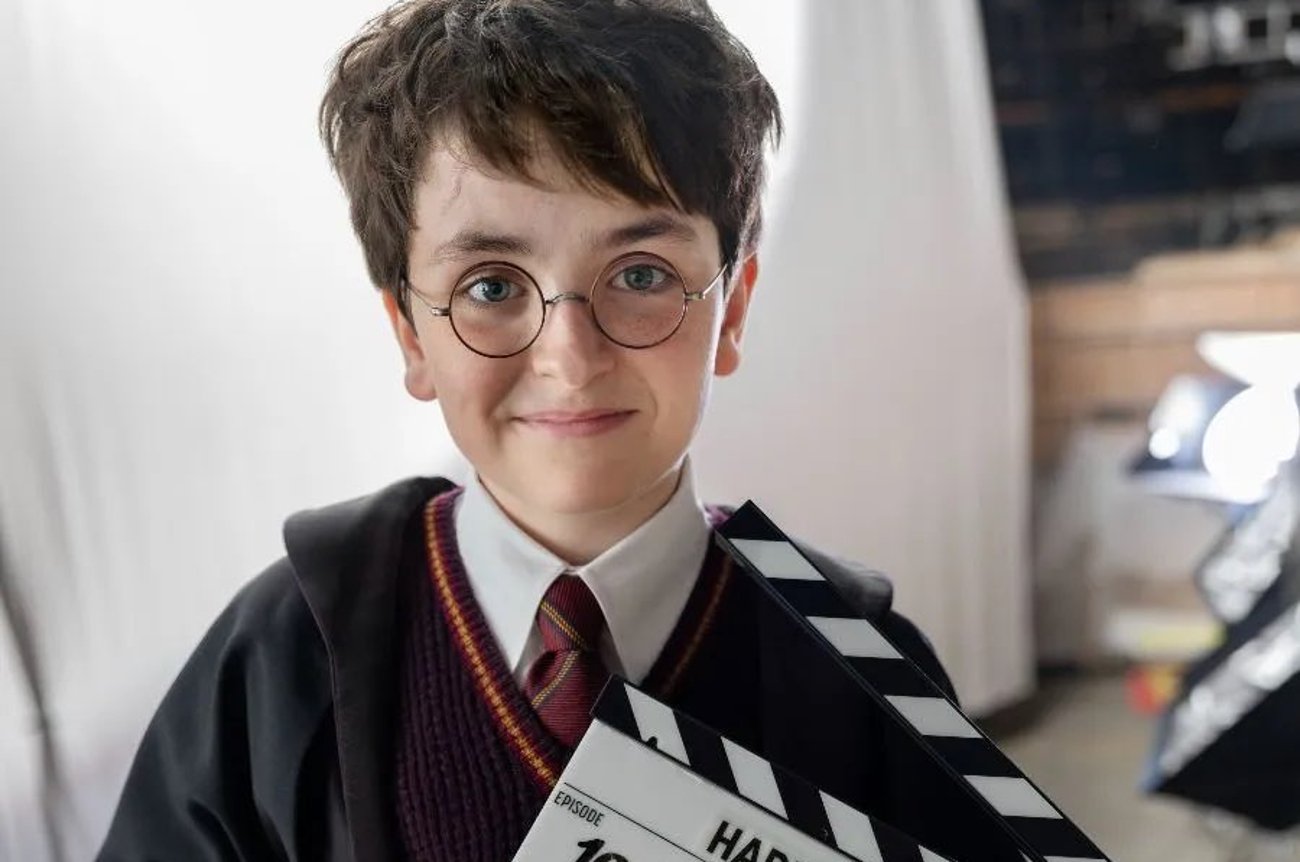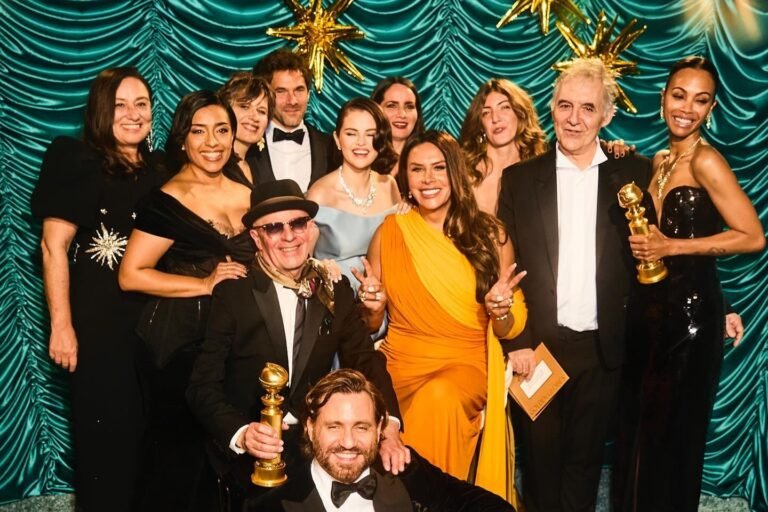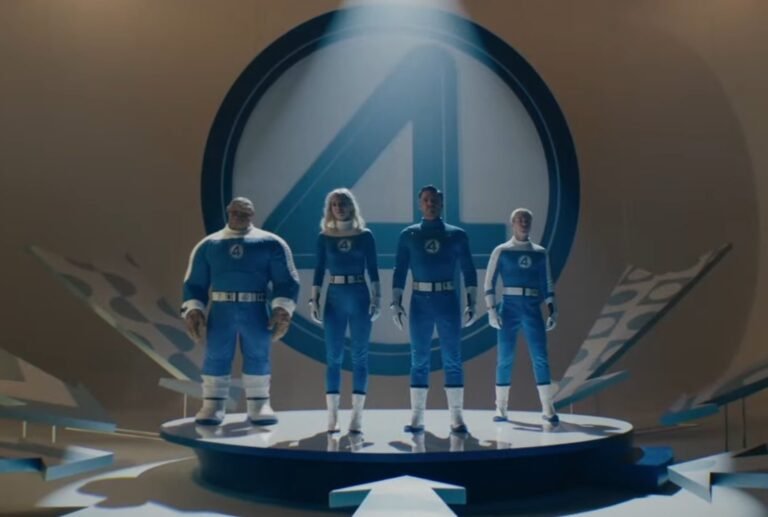The new Harry Potter series should not exist in 2025, 2026 or 2027. Here’s why
Ever since HBO confirmed that cameras will roll on a season‑by‑season retelling of J.K. Rowling’s seven books of Harry Potter —targeting a 2027 premiere — the wizarding world has been abuzz.
Executives tout “absolute fidelity” to the source material, promising every subplot, Peeves prank, and Quidditch statistic the original films had to omit. Nostalgia is a potent spell, and on the surface a decade‑long prestige adaptation sounds enticing. Yet, viewed through the lens of 2025, the project feels less like creative ambition and more like a tone‑deaf corporate gambit.
Below, we weave together every major concern raised by critics and fans alike—from Rowling’s trans‑exclusionary rhetoric to the franchise’s creative exhaustion, ethical production questions, and the opportunity cost of crowding out new voices. Consider this a single, comprehensive brief on why returning to Hogwarts right now serves neither art nor audience.
The author’s shadow: transphobia and complicity
Since 2020, Rowling has used essays, social‑media threads, and even a self‑funded detective novel to advance views widely condemned as transphobic by GLAAD, Mermaids, Transgender Europe, and countless readers who once found solace in her books. Equating trans women with predatory men and dismissing gender self‑determination, her statements have contributed to a cultural climate linked to spikes in anti‑trans legislation and violence.
Any new series automatically funnels money, visibility, and brand prestige back to Rowling; royalties, executive‑producer credits, and global press tours will keep her front‑and‑center.
For viewers who prioritize queer safety and intersectional feminism, continued engagement feels like tacit endorsement. Already, fan sites and cosplay conventions wrestle with boycotts and fractured communities; a flagship TV show multiplies that tension.
Read also…
Creative exhaustion: a franchise out of ideas
The original seven books (1997‑2007) and eight films (2001‑2011) told a complete, neatly arced hero’s journey. Subsequent spinoffs have struggled:
Fantastic Beasts and Where to Find Them (2016) grossed a respectable $814 million but its third installment, The Secrets of Dumbledore (2022), limped to $405 million and a 46 percent Rotten Tomatoes score, buried under retcons, convoluted timelines, and recast actors.
Such fatigue suggests the wizarding well is running dry. A “faithful” reboot risks recycling house rivalries, prophecy tropes, and wand duels audiences know by heart—especially when contemporary genre hits (Everything Everywhere All at Once, Arcane, Spider‑Verse) demonstrate how boundary‑pushing narratives can thrive.
Without a radical reimagining (which would anger lore purists), the new show is poised to feel like déjà‑vu wrapped in a bigger budget.
Cultural disconnect: Hogwarts vs. 2025
When Harry Potter debuted, its message of courage against tyranny resonated. Today, its worldview—essentially late‑1990s, white, cisgender, Eurocentric boarding‑school fantasy—can feel quaint, even regressive. Meaningful non‑white roles were scarce; queer and trans identities were invisible until half‑hearted retroactive nods (e.g., “Dumbledore was gay all along!”) raised more eyebrows than applause.
Gen Z and younger millennials demand intersectionality, nuanced power critiques, and global representation. But updating the canon risks fan backlash (“not my Hogwarts!”), while not updating it alienates progressive viewers. That no‑win scenario makes the project culturally brittle before Episode 1 is shot.
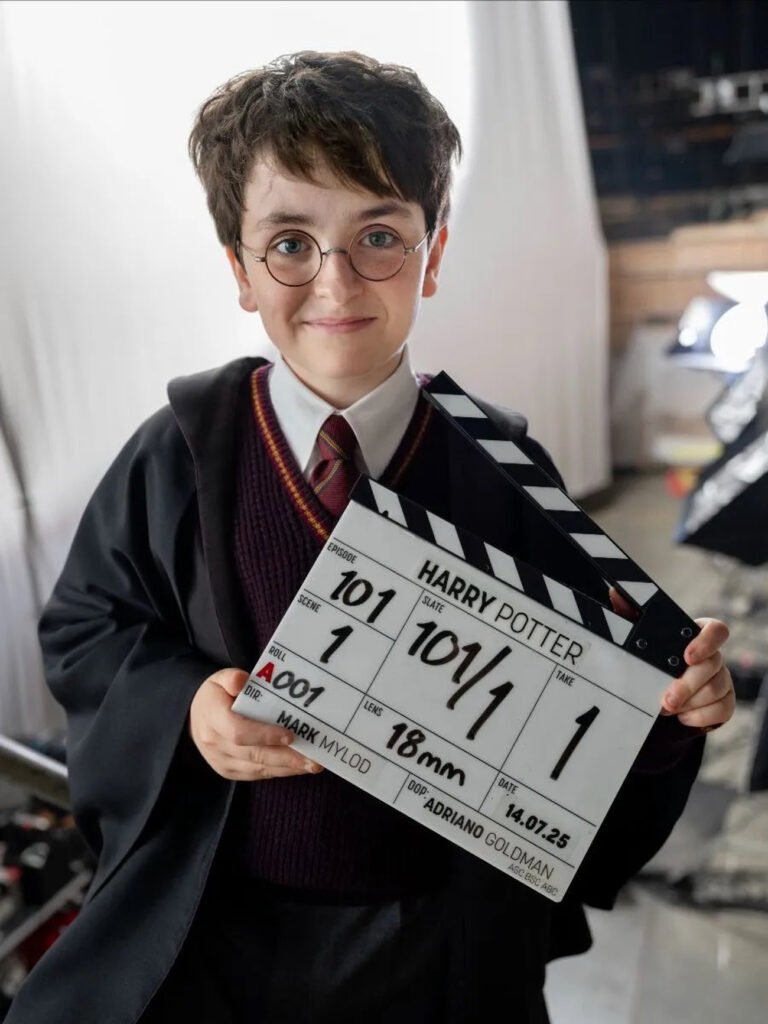
Ethical production footprint
Blockbuster series devour resources: energy‑intensive sets, VFX crunch, and globe‑spanning location shoots that can generate thousands of tons of CO₂—an uncomfortable fact when climate anxiety defines the zeitgeist. Labor practices also matter: VFX houses are campaigning against six‑day crunch weeks, and crew unions now call out studios that prioritize IP over humane schedules. Absent transparent sustainability targets, another CGI‑heavy fantasy epic looks irresponsible.
Representation behind the camera matters too. The franchise’s track record—token characters like Cho Chang or Kingsley Shacklebolt, a writers’ room historically devoid of marginalized voices—gives little confidence that a reboot will suddenly center Indigenous, Black, trans, or disabled storytellers in meaningful ways. Cosmetic “diverse casting” without structural change only deepens cynicism.
Practical pitfalls of a decade‑long adaptation
Showrunners promise one school year per TV season, mirroring the books. That blueprint poses logistic headaches:
- Child actors aging in real time—a lesson HBO already learned with Game of Thrones, where characters “outgrew” story timelines.
- Iconic performance baggage—every Hermione or Snape will face instant comparison to Emma Watson or the late Alan Rickman.
- Pacing risks—stretching the tight plotting of Philosopher’s Stone into eight or ten episodes could feel like narrative taffy, while later mammoth tomes (Order of the Phoenix, Half‑Blood Prince) still demand ruthless editing.
The promise of “more detail” often translates to filler, and there is no guarantee that a streaming model will survive unchanged for the ten‑plus‑year commitment Warner Bros. Discovery is courting.
The opportunity cost: silencing new magic
Most damning is what must be shelved to bankroll Hogwarts 2.0. Prestige fantasy budgets can hover around $15‑20 million per episode (see House of the Dragon, The Rings of Power). Imagine funneling that capital toward stories by trans, non‑binary, Black, Indigenous, or disabled creators who seldom control marquee IP.
Recent critical darlings—Reservation Dogs, Pose, Blue Eye Samurai—prove that audiences embrace fresh perspectives when they’re marketed with the vigor of legacy franchises.
Every dollar sunk into a Rowling‑branded show is a dollar not financing a queer coming‑of‑age saga, an Afrofuturist epic, or a climate‑fiction thriller that could define this decade. In 2025, with streaming libraries bursting and attention finite, green‑lighting yet another remake actively squeezes out new voices.
Yes, the original films remain beloved comfort food; they are scarcely out of circulation on cable, streaming, and holiday marathons. But comfort, nostalgia, and guaranteed merchandise revenue are poor justifications for reviving a universe whose lead architect now stands in open conflict with the inclusive ethos many fans claim to cherish.
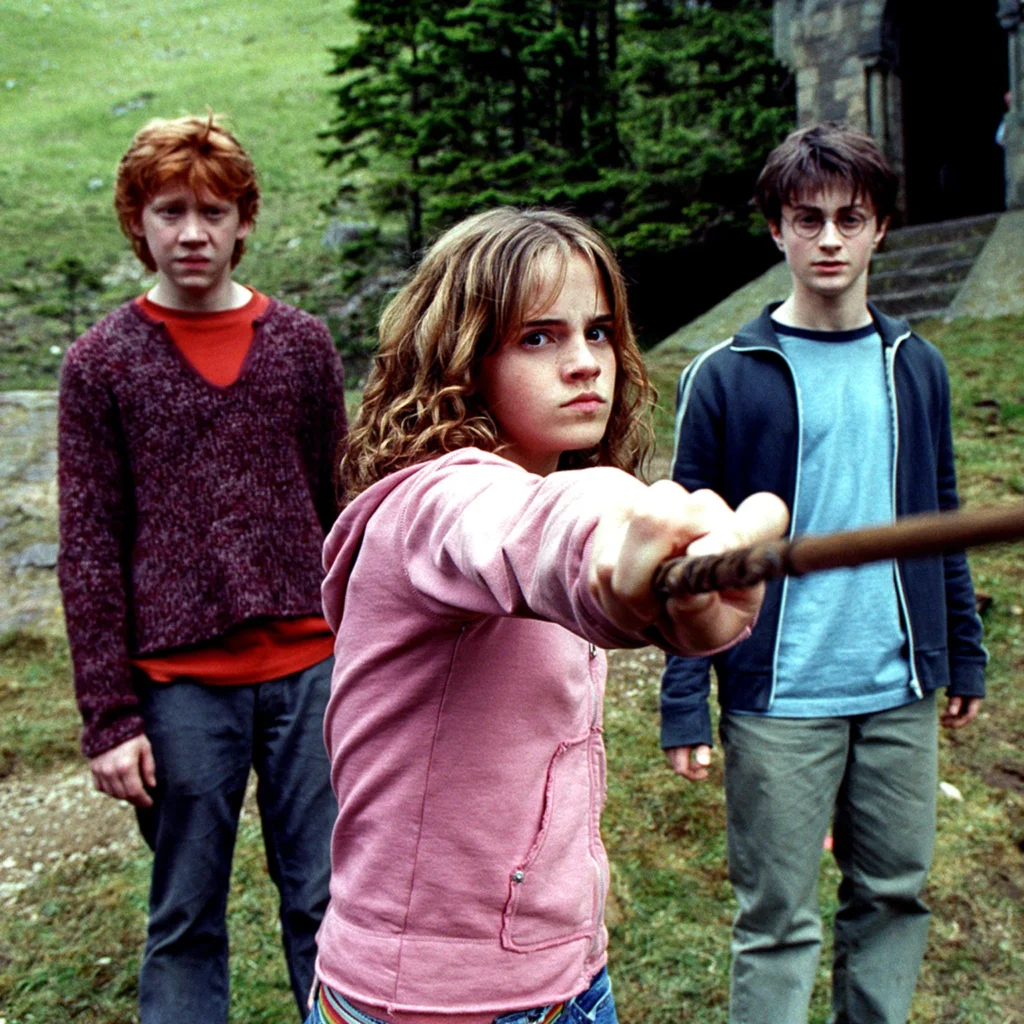
Creative fatigue, cultural dissonance, ethical red flags, logistical headaches, and—above all—the diversion of resources from untold stories form a cumulative argument: a new Harry Potter series in the mid‑2020s is a misallocated spell slot.
Magic, in fiction as in life, is about transformation. The most transformative act the industry could perform right now is not polishing old broomsticks, but handing the keys of its castle to storytellers previously locked outside the gates. Let Hogwarts rest; let new worlds rise.

